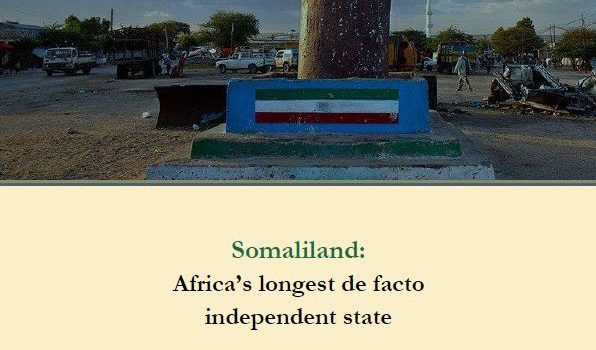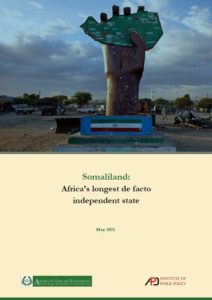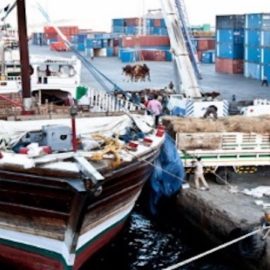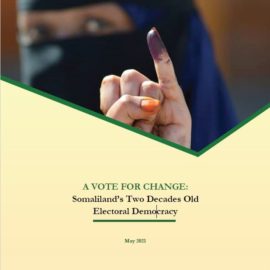
https://apd-ipp.com/wp-content/uploads/2021/05/Somaliland-paper-18-May-anniversary-edited.pdfThis discussion paper is intended to capture Somaliland’s journey to end violence, reach a durable
political settlement through an elite-negotiated process, form a new legitimate and democratic
government, and facilitate a free market economy. The paper presents Somaliland’s unique
approach to peace and state-building- locally-driven, culturally-rooted, reconciliation-focused, and
traditionally-engineered processes whereby all key stakeholders were engaged to reach a new
political settlement agreed by dominant players. In this regard, the paper argues that the state
formation of Somaliland was built on existing traditional informal institutions thus creating a
neopatrimonialism political culture. The paper further explains that Somaliland’s success factors
for its peace and state-building process are now its major constraints to inclusive economic growth
and development. Clientelism and patronage have dominated the political culture forming a small
elite circle whose interests threaten the very basic principles of free-market economy. Somaliland: Africa’s longest de facto independent
Somaliland: Africa’s longest de facto independent
state>
https://apd-ipp.com/wp-content/uploads/2021/05/Somaliland-paper-18-May-anniversary-edited.pdf



